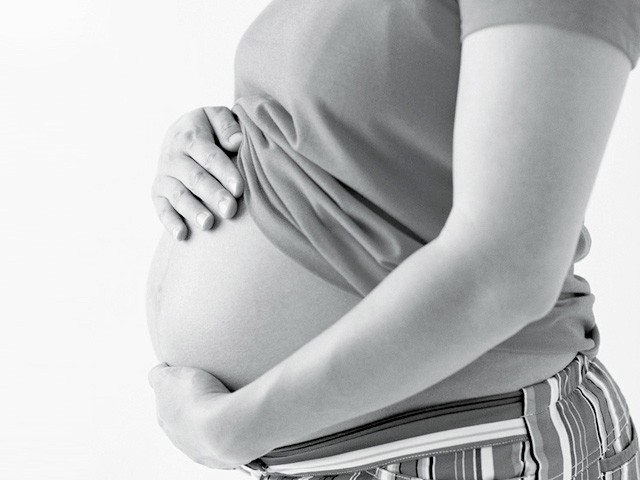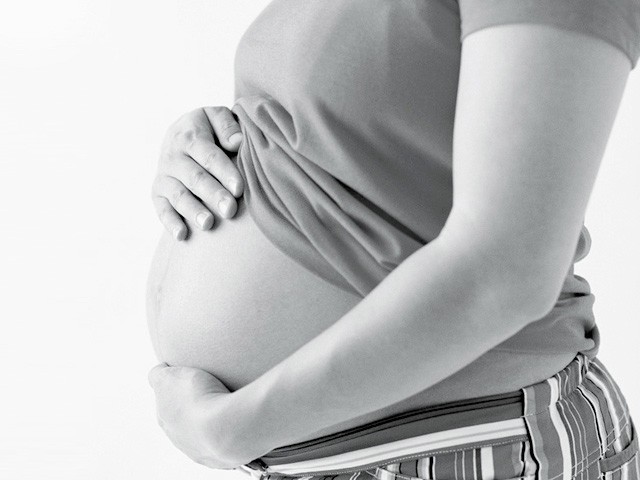Sentinel commentary
Bacteria from a mother's mouth can be transmitted through the blood and amniotic fluid in the womb to her unborn child.
This can contribute to the risk of premature delivery, low birth weight and the premature onset of contractions or infection of a newborn child.
Additionally, gums can become sore, swollen and sensitive, and may bleed during pregnancy.
The higher the levels of progesterone and estrogen, the greater the incidence of gingival inflammation. Gum problems usually start in the second month of pregnancy and are at their worst in the eighth month, when the level of estrogen and progesterone is highest.
When hormone levels drop in the ninth month of pregnancy, gum problems should start to diminish.
Bacterial levels increase in the gums with hormonal change and lead to more plaque being formed, which is the primary cause of gingivitis and tooth decay.
Heartburn and vomiting are some of the expected side effects of pregnancy.
This can result in acids being brought up into the mouth. This acid can also damage the teeth by causing erosion of the enamel.
Expecting mothers should take the following precautions during pregnancy:
Aca,!AcSchedule more frequent visits to their dentist and hygienist.
Aca,!AcReduce snacking on food with high sugar content which bacteria in plaque converts to acid.
Aca,!AcMaintain a strict routine of oral hygiene at home.
Aca,!AcIn addition to brushing and flossing, rinse with salt water or mouthwash after each meal.
A mother's diet during pregnancy affects the development of a baby, including teeth and bones. Calcium, protein, phosphorus and vitamins A, C and D are very important for the healthy development of a baby.
A lack of vitamin D in breast milk can cause problems with the formation of tooth enamel of a baby.
However, it is accepted that a mother with a well-balanced diet will not have to worry about her baby's development.
Dietary guidelines which are recommended by dentists and hygienists serve a dual purpose when pregnant.
Not only will avoiding sugary snacks and eating a healthy and balanced diet help with a healthy mouth and strong teeth, it will also help to make sure the baby is getting the proper nutrition to help it grow and flourish throughout pregnancy. Remember, overall health starts in the mouth.


Social Sharing